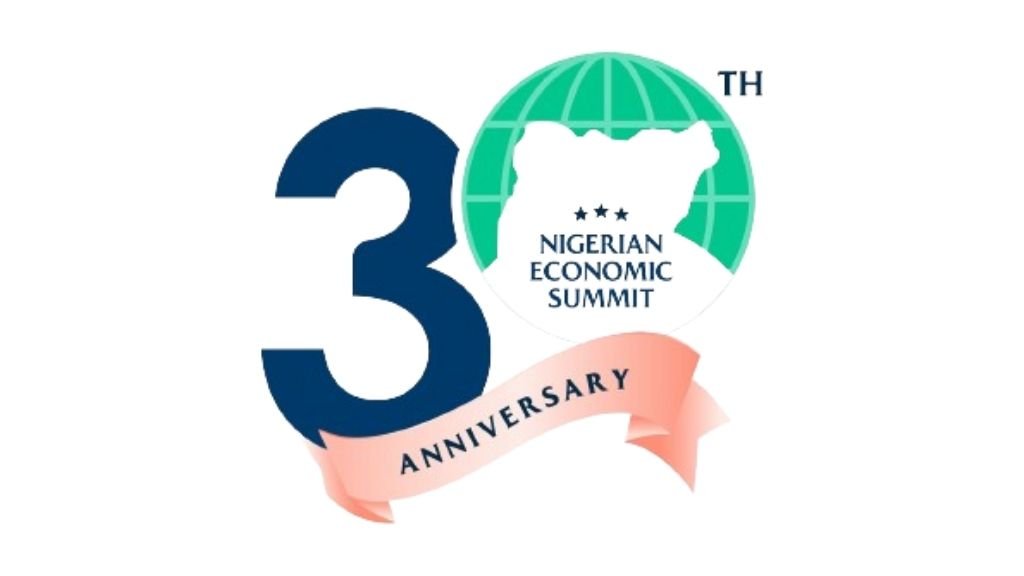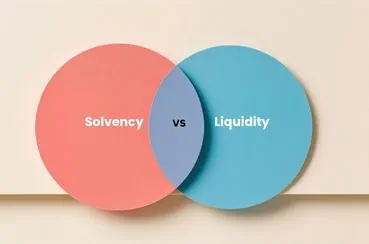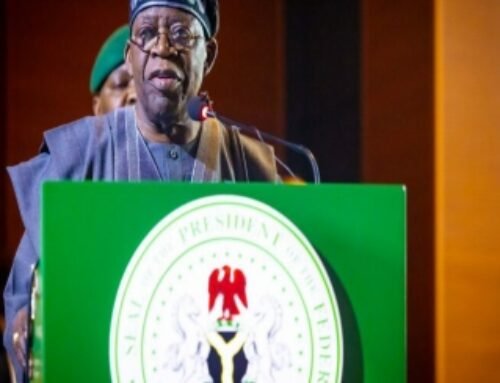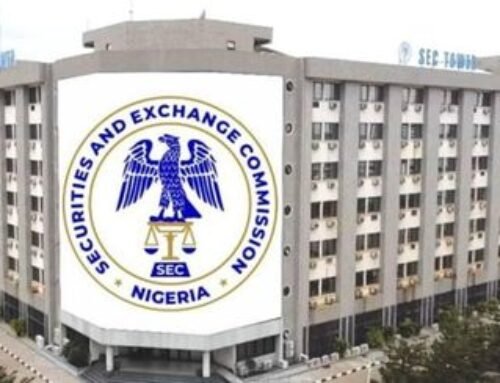
One major highlight at the 30th Nigerian Economic Summit (NES #30) held from October 14-16, 2024, in Abuja was the reaffirmation by The World Bank Group of its commitment to Nigeria’s economic reforms, with the theme “Collaborative Action for Growth, Competitiveness, and Stability,” the summit discussions were structured around three key pillars: People, Leadership, and Institutions.
Ajay Banga, President of the World Bank Group, represented by Senior Vice President Indermit Gill, addressed the urgent challenges facing Nigeria and Africa’s economic growth. He highlighted Nigeria’s critical role in Africa’s success, emphasizing, “Africa goes as Nigeria goes.” Gill noted that many of Nigeria’s economic issues, especially those stemming from oil dependency, date back to the early 1980s when oil prices first began to decline after the boom of the 1970s.
Gill described how, for decades, Nigeria’s oil wealth has disproportionately benefited a small elite rather than the broader population. This over-reliance on oil left the economy vulnerable, with exchange rates and market stability tied closely to oil price fluctuations. In the 1980s, rather than allowing the naira to adjust to lower oil prices, the government imposed foreign exchange controls, which led to a parallel market and widened the gap between official and black-market rates. These policies stunted agricultural and manufacturing exports, exacerbating inequality and kept many Nigerians in poverty.
However, between 2003 and 2007, Nigeria began a series of vital fiscal and Exchange rate reforms. These reforms brought unprecedented transparency to oil revenue management, enabled debt renegotiation, and earned the country its first-ever BB- Sovereign Credit Rating. Gill emphasized that the principles underpinning effective reform remain unchanged: allow market-determined exchange rates, keep public debt sustainable, adopt oil-price-based fiscal rules, ensure transparent revenue management, and focus on economic diversification.
Drawing a comparison with Norway, which implemented similar policies but with a longer-term commitment, Gill noted that Nigeria is once again at a critical juncture. President Tinubu’s recent “signature reforms”—including unifying the exchange rate, allowing market-driven rate determination, and ending the PMS subsidy according to Gill represent bold steps towards sustainable growth.
While these reforms have faced political challenges, Gill praised Central Bank Governor Cardoso’s commitment to staying the course. For Nigeria to see meaningful transformation, he stressed, it must maintain these reforms for at least the next 10 to 15 years. In the immediate future, policymakers must focus on non-oil growth, support vulnerable households coping with inflation, and make the economy more business-friendly.
Gill concluded by affirming the World Bank Group’s unwavering support for Nigeria’s reform efforts, pledging 24/7 assistance to Nigeria’s government and continued collaboration from their team in Abuja.
The summit underscored that while Nigeria’s path to economic stability may be challenging, steadfast reforms, guided by sound economic principles, can set the country on a path toward growth and prosperity for all Nigerians.








Leave A Comment